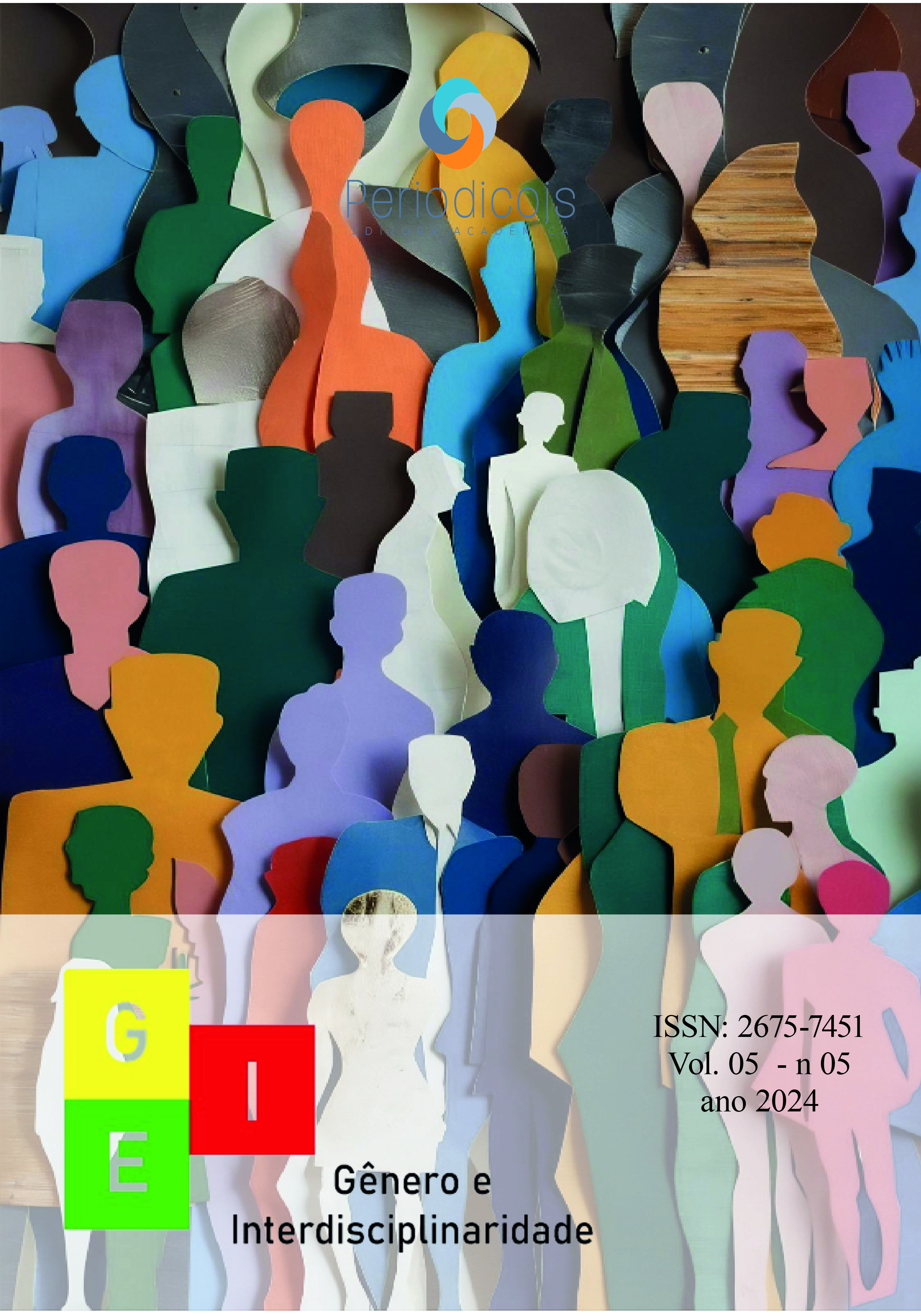Resumo
This article is part of the conclusion of the Postgraduate Course in Special Education from Favimo University. It focuses on discussing some educational proposals aimed at students with Autistic Spectrum Disorder (ASD), which are inserted in the regular school classrooms. It is the classroom teacher who will mediate the whole of the inclusive process, he is the one who promotes the child's initial contact with other children in the class and is responsible for including him in everyday activities. In this perspective, this theme reaffirms the need that everyone understands and accepts human diversity, and can contribute to the construction of a fairer and more egalitarian society. The article will be divided into three great moments. In the first one will be made a global contextualization of special education. Then the autistic spectrum disorder will be presented- Tea its main characteristics and needs. Finally, some pedagogical proposals that can be used in the classroom will be presented. It is concluded that a lot has changed since the beginning of history when we talk about people with ASD. Of schizophrenics there are numerous distinct characteristics even in the same disorder. Of communication difficulty to high skills. Autism is one of the syndromes as the largest variants of behavior, without modeled patterns.
Referências
BOSA, Cleonice Alves. Autismo: atuais interpretações para antigas observações. In: BAPTISTA, Claudio; BOSA, Cleonice (org.). Autismo e educação: atuais desafios. Porto Alegre: Artmed, 2002.
BRASIL. Decreto n. 6.253, de 13 de novembro de 2007. Dispõe sobre o Fundo de Manutenção e Desenvolvimento da Educação Básica e de Valorização dos Profissionais da Educação – FUNDEB regulamenta a Lei nº 11.494, de 20 de junho de 2007, e dá outras providências. Disponível em: <http://www.planalto.gov.br/ccivil_03/_ato2007-2010/2007/Decreto/D6253.htm>. Acesso em: 09/12/2022.
BRASIL. Lei n. 9.394, de 20 de dezembro de 1996. Estabelece as diretrizes e bases da educação nacional. Disponível em: <http://www.planalto.gov.br/ccivil_03/leis/l9394.htm>. Acesso em: 09/12/2002
CORCINI, C. M. Os desafios da escola pública paranaense na perspectiva do professor. Paraná, 2016. Dísponivel em: http://www.diaadiaeducacao.pr.gov.br/portals/cadernospde/pdebusca/producoes_pde/2016/2016_pdp_edespecial_uepg_marliaparecidacasprovcorcini.pdf. Acesso em: 27/11/2022
DECLARAÇÃO DE SALAMANCA: Sobre princípios e métodos, políticas e práticas na área das necessidades educativas especiais. 1994. Disponível em: <http://portal.mec.gov.br/seesp/arquivos/pdf/salamanca.pdf>. Acesso em: 27/11/2022
GROSKO, D.C. Comunicação Alternativa no Contexto Escolar. Paraná, 2016.
JANUZZI, G. S. M. A luta pela educação do deficiente mental, Campinas, São Paulo: 1992.
MARTINS, Ana Soledade Graraeff; PREUSSELER, Cintia Medeiros; ZAVSCHI, Maria Lucrécia Scherre. A psiquiatria da infância e da adolescência e o autismo. In: BAPTISTA, Claudio; BOSA, Cleonice (org.). Autismo e educação: atuais desafios. Porto Alegre: Artmed, 2002.
MAZZOTTA. M. J. S. E. Educação Especial no Brasil: história e políticas públicas, 5ª ed. São Paulo: Cortez. 2005
MAZZOTTA. M. J. S. Educação Escolar: comum ou especial? São Paulo: Pioneira, 1980
MISÉS, R. A., A criança deficiente mental, uma abordagem dinâmica, Rio de Janeiro,1977.
SANTOS, Alex Reis dos; TELES, Margarida Maria. Declaração de Salamanca e Educação Inclusiva. In: 3º Simpósio Educação e Comunicação, set. 2012. p. 77-87. Disponível em: <http://geces.com.br/simposio/anais/anais-2012/Anais-077-087.pdf>. Acesso em: 07 dez. 2014.
TAMANAHA, Ana Carina; PERISSINOTO, Jacy; BRASILIA, Maria Chiari. Uma breve revisão histórica sobre a construção dos conceitos do Autismo Infantil e da Síndrome de Asperger. Rev. Soc. Bras. Fonoaudiologia., São Paulo, v. 13 n. 3, 2008. Disponível em: <http://www.scielo.br/scielo.php?pid=S1516-80342008000300015&script=sci_arttext>. Acesso em: 09/12/2022.





